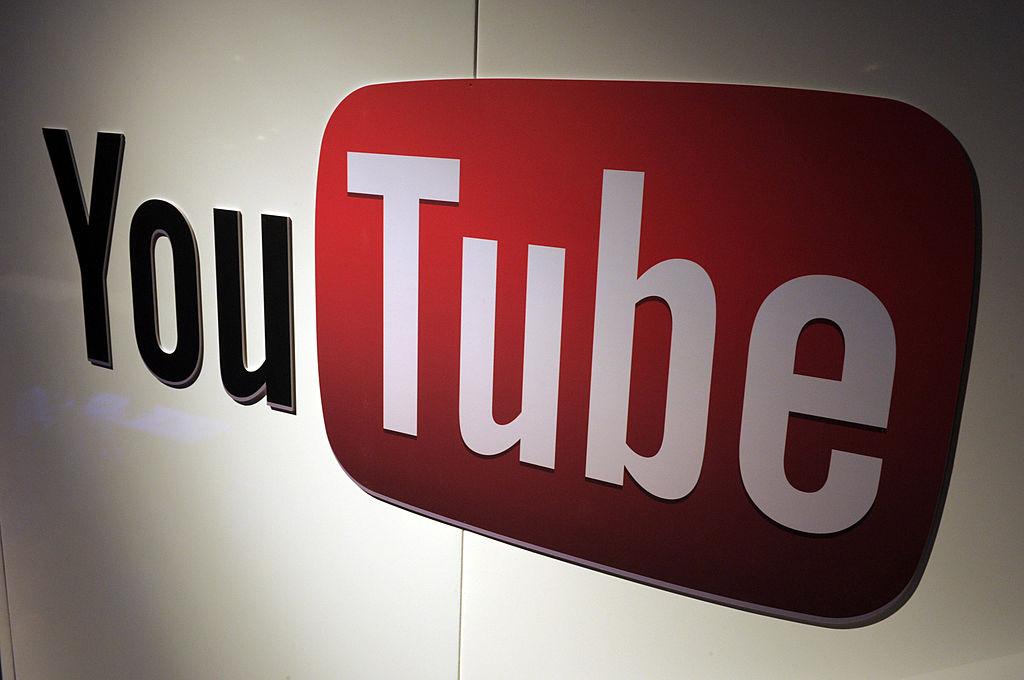Several U.S. lawmakers are calling out video-sharing platform YouTube after its CEO said that content that goes against World Health Organization (WHO) recommendations will be removed.
YouTube CEO Susan Wojcicki, in a recent interview with CNN, said that “Anything that would go against World Health Organization recommendations would be a violation of our policy.”





